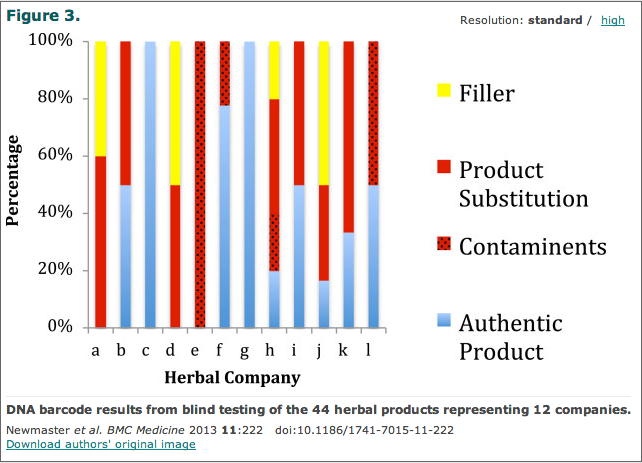 When Salt Is An Endocrine Disruptor, The Term Is Officially Meaningless
When Salt Is An Endocrine Disruptor, The Term Is Officially MeaninglessA new environmental claim about endocrine disruptors would seem to be an early Christmas gift for...
 Rant: Enough Damn Awareness Days Already!
Rant: Enough Damn Awareness Days Already!Dear Awareness People:Shut the F......... (1) I'm begging you.I already have more than enough to...
 Old Man Balls: Fact Or Fiction?
Old Man Balls: Fact Or Fiction?Disclaimer: If you read this, don't blame me for whatever psychological damage that will inevitably...
 European Endocrine Disruptor Study Is Lightweight Of Evidence
European Endocrine Disruptor Study Is Lightweight Of EvidenceSo, if you take literally what Patricia Hunt, Ph.D. and colleagues reported in the new...









